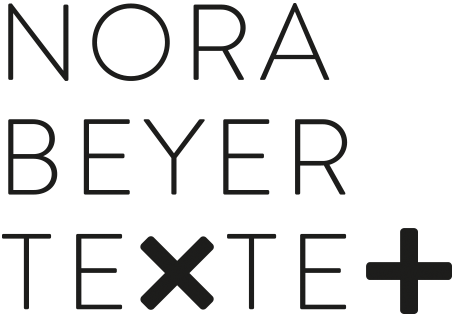Hellblade: Senua´s Sacrifice
27 Februar, 2018
The hardest battles are fought within ourselves. This is what the voice whispers. One of the many voices I hear. In my head.
Slowly, the river runs towards the ever darker marshes. Rotten corpses appear in the fog. I am on the direct road to the realm of death. Literally.
In Hellblade: Senua´s Sacrifice, we follow young warrior Senua into the limbo of Nordic mythology to find her lost lover. This is not as epic as it sounds. Soon I realize that Senua´s major issue may not be the quest and the demonical foes she encounters but the omnipresent voices in her head.
They whisper doubt or courage into her heart, sometimes lift her up, most of the time bring her down. They yell, they mock, they laugh, they shout.
Senua is apparently and irretrievably insane.
Are the demons we fight even real or only in our heads? Every time I fail and die, Senua stands up again. But her arm gets ever darker with every death as a mark of the spreading insanity. How long until she will be consumed by the darkness?
Senua is clearly psychotic. In a world where there is no concept for psychosis. Only for superstition and nightmarish stories. Her struggle with her inner darkness and the ghosts of her past is not only reflected in the voices that haunt and comfort her all at the same time but in the very game mechanism itself.
The game literally hurts. Every enemy encounter is a battle barely won (and many times lost). In between, I try to make sense of the signs and riddles and tokens Senua sees in all things. And I begin to doubt this very undertaking when the voices raise the doubt that she only imagines things to have meaning. There is no meaning. Is there? Am I on a hopeless journey in a pathological mind?
But I fight on. And with every combat I win and every riddle I solve, I begin to realize the truth in it: The hardest battles are fought within ourselves.
The game hurts. It sends me helpless into a world of subtle insanity that always lurks beneath the surface, ready to break out any time. It puts overpowering opponents in my way. It makes me afraid of every battle. It makes my heart pound. It frustrates me with many deaths. It leaves me alone in the darkness that is Senua´s despair. But I fight on, I struggle, I try over and over again. I stand up so many times. Despite my fear, my frustration and my lingering doubt about the sense of this venture.
In the end, I am worn out. But Senua came to understand the root of all evil that haunts her mind. Now I stand before the darkness that is myself and fight the last battle. The boss fight seems traditional. Foes over foes. And me and my mighty sword in the midst of the fray.
But the foes do not falter. When I kill three, four more follow. I keep on fighting. Struggling. When at last I realize, that the voices in my head have altered. There is merely one I hear now. And every time I lie on the ground, nearly defeated, it whispers to give in, to give up the fight.
„Let go of your battle. You have done enough.“
But I stand up again, ignoring the bleeding, the despair, the fear.
Until I realize.
The game wants me to lose.
I can only win by giving in. By letting go.
And I understand: The game is not ABOUT Senua´s psychosis and her struggle to overcome it. The game IS the psychosis that needs to be overcome.
To win the game, to cure myself, I need to stop playing. I need to lose.
And when the enemy strikes me down this time, I pull my hands away from the controller. I let go.
The catharsis is immediate and it is overwhelming.
And after the end, after leaving the game and returning to my life, it still echoes. And I feel a bit like coming straight from Freud´s couch. I feel freer somehow, a bit detached from everything. I feel as if a burden is lifted from my shoulders. It is only a game. But it does echo in my own mind.
And it tells a very true story: The hardest battles are fought within ourselves.
And sometimes the catharsis lies in being defeated. To be free, you sometimes have to lose.
Hellblade: Senua´s Sacrifice on Steam
